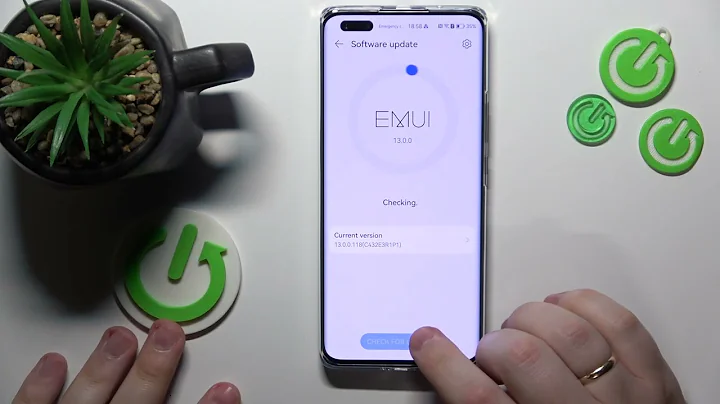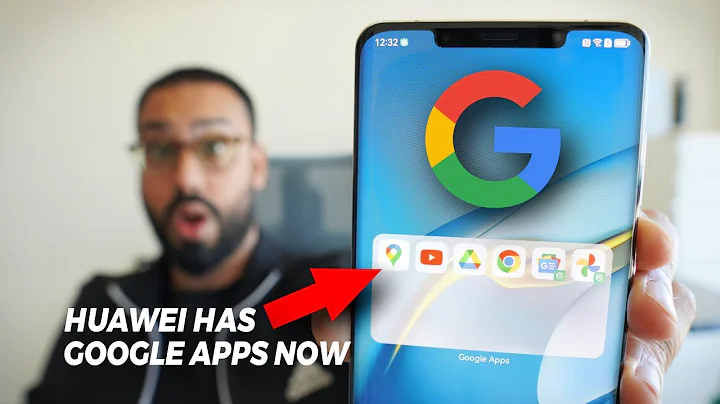Google Chrome is the world's most popular internet browser, but it's also notorious for draining battery life in many situations. However, a new behind-the-scenes change could turn the tide. In a recent update to Google Chrome, a new test flag has surfaced, showing a potential source of battery savings for the browser. An upcoming feature in
called "quick intensive throttling" will prevent pages sitting in the background from eating up too much battery life. Users of

Chromebook first discovered this new policy in the Chrome OS 105 update, but it actually applies to all platforms on which Google Chrome is available - including Windows, macOS, and Linux.
Google Chrome's "Quick Enhanced Throttling" feature stops background page loading of JavaScript elements after 10 seconds, instead of the previous limit of 5 minutes, Google explains. For pages loaded in the background, activate intensive throttling after 10 seconds instead of the default 5 minutes. Enhanced throttling will limit wake-ups, from setTimeout and setInterval tasks with high nesting levels and delayed scheduler.postTask tasks, to a maximum of 1 per minute.

In further comments, Google translated this sentence into something more understandable:
This is expected to improve battery life, and experiments on the "Canary" and "Dev" channels did not find any improvement in our guiding metrics. regression, and there is a noticeable improvement (about 10%) in CPU usage when all tags are hidden and static.
Of course, this only works in the right circumstances. For most people, the battery life savings will come from having several tabs open at the same time. If a page is opened in a new tab but not immediately interacted with, this change will prevent the tab from loading completely, which will actually drain the battery back, but this really only applies if the page you are visiting is heavily dependent on JavaScript situation.

This change is currently only visible in the Dev channel, so it may be a while before it is expanded to everyone in the stable channel.





















